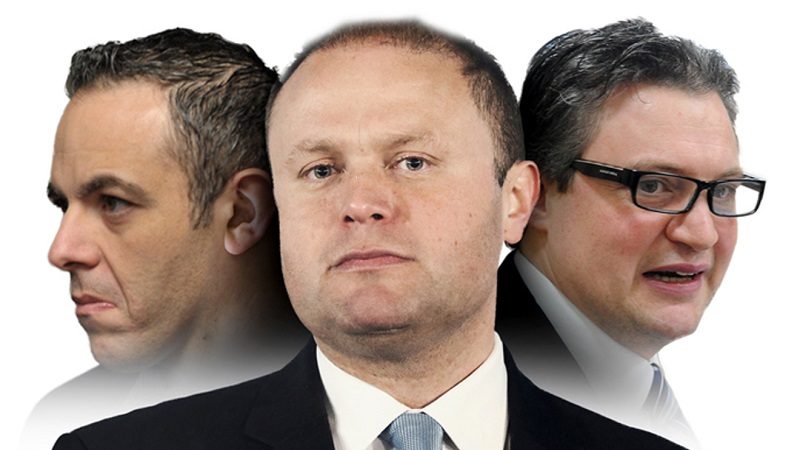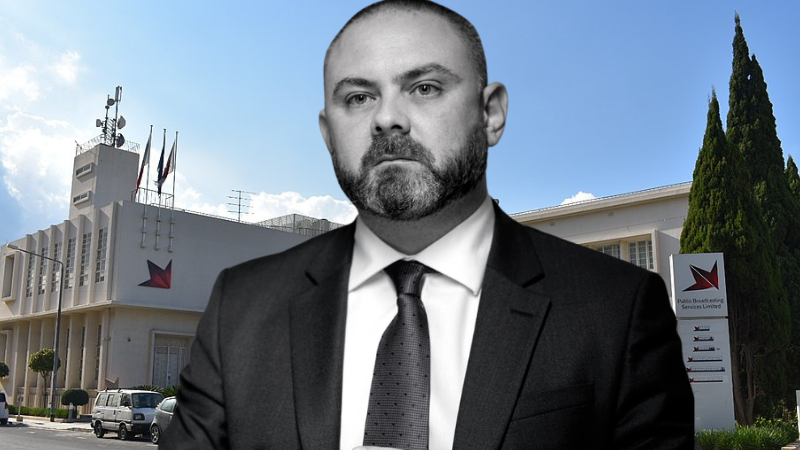Money laundering (ML) is one of the most serious criminal offences. In Malta, it carries a maximum sentence of up to a €2,500,000 fine and 18 years’ imprisonment.
It’s also a criminal offence to help someone launder money; if you deal with any assets that you know, or have reason to suspect are derived directly or indirectly from the proceeds of criminal activity, then you can be convicted for ML.
Similarly, if you structure a person’s affairs to disguise the origin of money (eg help set up layers of companies) or put contracts in place to hide the source of flows of money (eg a phoney consultancy agreement or a sale contract) then you can also risk being convicted.
For a person to be convicted of ML, the existence of the crime that generated the funds may be established on the basis of either circumstantial evidence or actual evidence.
If there is reasonable suspicion that the funds in question are the proceeds of a criminal offence, then it is up to the defendant to prove the legitimacy of the funds, without it being incumbent on the prosecution to prove a conviction in respect of the underlying criminal activity and or to establish precisely which underlying activity.
With ML the burden of proof is reversed: prove that the money is from a legitimate source and that you (if you were a service provider) did your duty to prevent being used or did not aide and abet ML.
In view of this, calls for critics to present actual evidence of corruption and ML allegations levelled at tourism minister Konrad Mizzi and chief of staff Keith Schembri are baseless.
There is a wealth of circumstantial evidence giving rise to reasonable suspicion that Mizzi and Schembri, the two closest to the Prime Minister, may be involved or were involved in criminal activity, including money laundering.
The FIAU leaked reports on the agency’s investigations pointed to the need for police action – they base their conclusions on documented facts, not assumptions. The Daphne Project uncovered even further documentary evidence supporting the FIAU’s reports.
When Labour shot to power in 2013, Mizzi was appointed Health and Energy Minister, and Schembri was reinstated as the Prime Minister’s Chief of Staff. A highly suspicious chain of events followed.
A few days after the general election, the process started to open secret companies in Panama for Mizzi and Schembri, having the same, secretive structures.
Mizzi’s company was called ‘Hearnville Inc.’ that Schembri’s was ‘Tillgate Inc.’. To ensure total secrecy, they both further hid their companies behind trusts set up ‘off the radar’ in New Zealand, called Rotorua Trust and Haast Trust.
The companies were not registered with the Maltese tax authorities, and Mizzi and Schembri were clear when applying to open the companies that they did not want to alert local banks.
The financial institution that set up the secret companies was Nexia BT. Its managing partner Brian Tonna sat on the Enemalta selection committee handling the new power station project, along with three other staff members from the same firm. Nexia BT also held other roles in the negotiation of the power station project.
Nexia BT was also the Maltese representative for the now defunct, scandal-ridden Mossack Fonseca, which they used to set up the Panama companies. It was an international leak of Mossack Fonseca’s client data that exposed Mizzi and Schembri, known as the Panama Papers.
Several people known to be close to Mizzi also sat on the selection committee, including Godwin Sant, a former appointee of the minister who is facing money laundering charges on allegations that he accepted gifts from oil trader George Farrugia.
According to the FIAU’s findings, these companies were set up to “target” (offer services to) two secret Dubai companies – ‘17 Black Ltd’ and ‘Macbridge Ltd’. These companies were to transfer €150,000 a month to Mizzi and Schembri’s companies.
In July 2015, 17 Black received a large sum of money from a company involved in the operation of the LNG tanker. This transfer happened on the same day Mizzi transferred ownership of his company to his New Zealand trust.
Mizzi secretly travelled to Dubai a month after the payment. Prior to that, Nexia BT had been making the necessary arrangements for him to open a bank account there.
Also, Gasol, the lead partner in the consortium building the power station (Electrogas) sold all its 30% shares to the other three partners. Strangely, this substantial transaction was missing from Gasol’s audited financial statements filed in 2017 in the UK.
Mossack Fonseca handled Gasol affairs from its office in the Seychelles.
The FIAU found evidence that 17 Black received unexplained payments of well over a million dollars from an offshore company also in the Seychelles, owned by an Azerbaijani national.
The funds were sent to 17 Black in November 2015, via ABLV, a Latvian bank recently closed down by the European Central Bank (ECB) due to money laundering violations, after the US accused ABLV of enabling transactions linked to North Korea’s weapons programme, and of facilitating corruption connected to Azerbaijan, Russia and Ukraine.
All this should be seen in the context that in December 2014, Joseph Muscat, Schembri, Mizzi and head of communications Kurt Farrugia visited Azerbaijan for meetings with the President. No journalists or civil servants accompanied the delegation, and a fuel procurement deal was signed without anyone from the Oil Procurement Committee present. The Maltese public learned about the visit only after it was reported in the Azerbaijani Press.
A hedging deal – slammed by the National Audit Office (NAO) – was struck with SOCAR, an Azerbaijani State-owned company and part of the Electrogas consortium. The deal involved the purchase of fuel for the new power station under which Malta lost some €14 million.
It later emerged that SOCAR purchases fuel from Shell, as it does not produce the fuel used by the new power station. The Maltese taxpayer is paying many millions of euros above the market price for the fuel needed for the power station because of this arrangement.
It is indisputably the Police Commissioner’s duty to ensure that Schembri and Mizzi are placed under criminal investigation in the light of these well-documented revelations.
The fact that there are ongoing magisterial inquiries or that the FIAU reports were leaked does not absolve the police from their duty to investigate. Criminal investigations are the remit of the police, not of magistrates in Malta.












